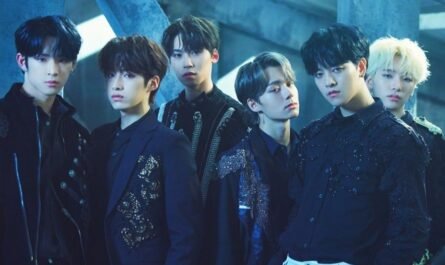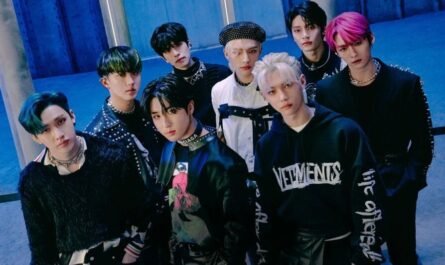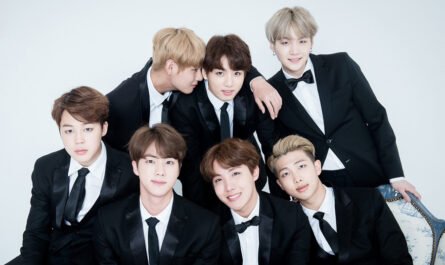“Beijing police arrested 30-year-old Chinese superstar Kris Wu after allegations that he was repeatedly seduced by young women to have sex” and eventually raped them. The method that Wu seems to have used was the following: after his fan meetings (meetings with fans made by Asian idols), he sent his manager to invite the girl of his choice to the hotel room where the event took place for a personal meeting – to sign an autograph and take photos.
It was a pretext, as after any girl who had him as an idol accepted the invitation, he added another victim to his list. All of the above belong to the testimonies of women who have declared themselves victims of it. Until the investigation is finalized, it is helpful to know that there is a trend with revelations of ‘idols’ for all kinds of abuse in Asia, most of which have turned out to be false.
Kris Wu, born in China as Wu Yifan and raised in Canada, has denied everything. The company that manages its image and rights announced that it initiates legal proceedings against the women who have made the complaints, claiming that what it said is “malicious rumors.” For the record, it all started with a 17-year-old who made the revelation on Weibo (China’s most popular social network). Many others followed.
China’s Central Committee on Political and Legal Affairs Posted on Weibo about its case: ” On Chinese soil, we must abide by Chinese law.”
We had started his career with one of the most popular K-pop (EXO) bands before returning to his homeland to continue his career there as an actor, singer, and model. This is one of his collaborations with Louis Vuitton from 2018. The French brand informed that its relationship with the Chinese star is suspended until the investigations are completed. Bulgari, Porsche China, and cosmetics company Kans also withdrew from their partnerships with Wu.
The #MeToo movement in China
Although many people supported idols on social media (given the declining trend), millions expressed their support for the first complainant, Du Meizhu, as soon as the news of Wu’s arrest became known.
“I have to say thank you to Du Meizhu,” one Weibo user commented. “I’m grateful she spoke to many women.” The #MeToo movement, which spread worldwide in 2017 and 2018, highlighted the problems of justification for sexual assault and the common phenomenon of lack of accountability of high-profile defendants. In many countries, women have used the hashtag #MeToo to share their own experiences of sexual harassment and abuse and to demand changes in the law.
In China, activists say they have seen some signs of progress and significant pressure to remain silent. When the fledgling movement arrived in China in 2018, many social media posts spoke of incidents of sexual misconduct.
In 2018, Peking University student Yue Xin received widespread attention after university administrators tried to reject a request from her and other students for a rape case, sparking outrage.
Another case involved a woman complaining to a state television presenter, where police asked her to withdraw her complaint because the man had “a huge positive influence on society.”
And while research, according to CNN, shows that sexual assault and harassment are prevalent in China, the number of actual prosecutions is small. According to China’s top prosecutor’s office, of the country’s population of 1.4 billion people, only 43,000 were prosecuted for “crimes of violating women’s rights” from 2013 to 2017.











